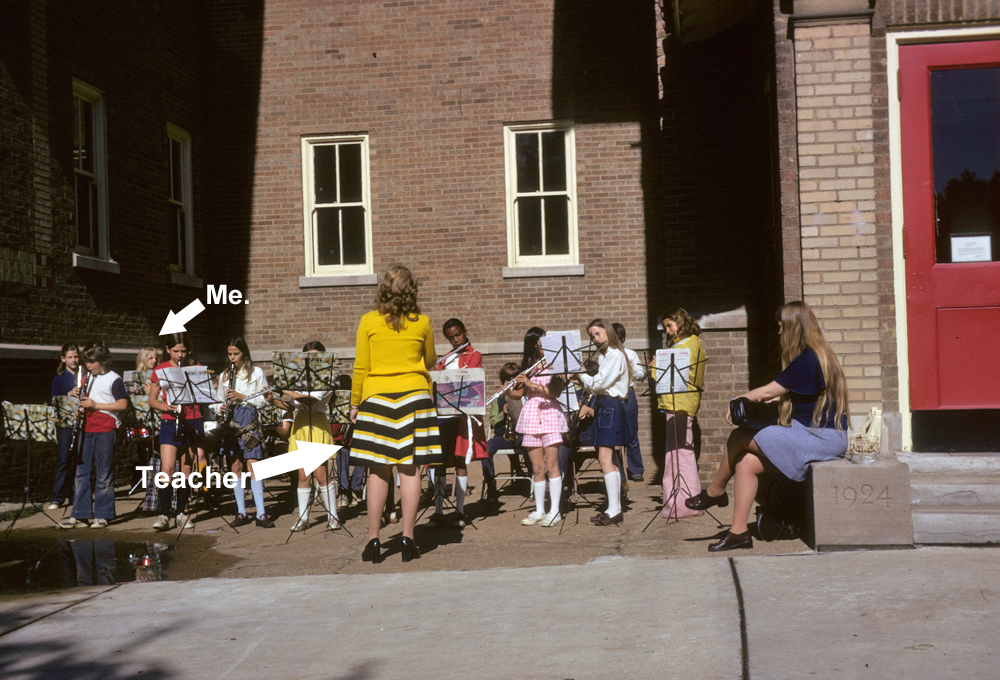Busked
 You may have heard that Vancouver recently banned Highland pipes as a busker’s instrument. Following a story in one of Canada’s national newspapers, The Globe and Mail, there was enough hue-and-cry from pipers and drummers and enthusiasts around the world – not to mention the mayor of Vancouver – that the bylaw was rescinded.
You may have heard that Vancouver recently banned Highland pipes as a busker’s instrument. Following a story in one of Canada’s national newspapers, The Globe and Mail, there was enough hue-and-cry from pipers and drummers and enthusiasts around the world – not to mention the mayor of Vancouver – that the bylaw was rescinded.
I’m not sure where I stand on the issue. On one hand, Highland pipes should not be singled out for being too loud, since it’s no louder than many other instruments heard on the streets. On the other hand, what person who knows and appreciates good piping would want terrible “pipers” playing in public at all, let alone for hours on end?
The stated reason for the ban in Vancouver wasn’t about the poor quality of piping, it was about the volume of the pipes. But we all know what was going on: the Highland pipes once again were stereotyped and, as the latter Globe article leads with, “likened to the cries produced by a clowder of dying cats” (which begs the questions: Who knows what a bunch of dying cats really sounds like? and, Is “clowder” really a word?!).
Since moving to Canada 24 years ago, I can’t recall anyone here saying that they dislike the pipes. In fact, they tend to rave about it. Mention that you play the pipes and Canadians inevitably drift back to a ceremony like a wedding, funeral or graduation where the pipes transported them to an uplifting and poignant place.
That’s not to say that there aren’t Canadian bagpipe-haters out there. Obviously there are a few in Vancouver. But when I busked on Princes Street in Edinburgh for several years, every day every 15 minutes or so someone would walk by holding their ears or even stop to tell me how much they hate the pipes (Yes, okay, make your jokes now about my playing, but I was essentially practicing for the Argyllshire Gathering and the Northern Meeting). Members of the Lothian & Borders Police even would move me along.
I’ve remarked before that busking is about the most honourable way to make money. People will pay you what they think your skill is worth. It’s a completely venerable profession. But I do understand that any music foisted on people who never requested it can be a nuisance. Inasmuch as I dislike Muzak or loudspeakers blaring from storefronts, I can see why some don’t want to be subjected to busking bagpipers, especially unskilled ones.
Maybe the solution is for accomplished pipers, when they hear a less-savvy piper playing in public, to kindly offer to tweak their reeds, or at least give their drones a few twists. The more people hear good-sounding pipes, the less inclined they’ll be to put us down.











 The
The 















 Even when assessing about 90 performances over eight hours, as was the case last Friday on “Amateur Day” at the Glengarry Highland Games at Maxville, one can’t help but think of a few things in between players:
Even when assessing about 90 performances over eight hours, as was the case last Friday on “Amateur Day” at the Glengarry Highland Games at Maxville, one can’t help but think of a few things in between players:
 It’s often the most obvious ideas that are the best and often not realized for decades. The introduction of a
It’s often the most obvious ideas that are the best and often not realized for decades. The introduction of a 